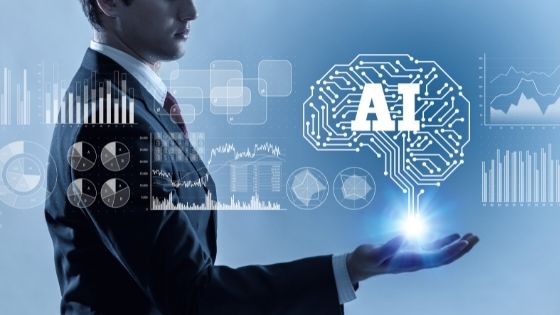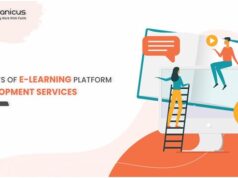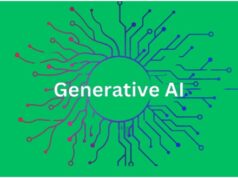As AI technology rapidly evolves, it changes the way you live and work for the better. For the past few years, AI has created more realistic and interactive gaming experiences, improved online search results, and helped humans communicate with each other. Besides, it has helped make better decisions, find new cures for diseases, and even save lives. Soon, AI will become even more common and integrated into people’s everyday lives. For this reason, it is crucial to understand how AI works and affects society. Here are various ways AI is transforming and improving the world:


1. Improving Human Health
AI serves in several ways to improve human health. One application is in the development of new drugs and therapies. It helps researchers identify new targets for drugs and predict how well a new therapy will work in patients. AI also enhances the development of personalized medicine with treatments tailored to the individual patient.
Experts perform the procedure by analyzing a patient’s genes, proteins, and other data to identify the best course of treatment. IBM, for example, has used its Watson AI system to develop a cancer treatment plan for a patient in Japan. Tempus, a startup founded by Eric Lefkofsky, uses AI to develop a database of cancer patients to guide treatment decisions.
2. AI Is Enhancing Safe Driving
As self-driving cars become more and more prevalent, it’s important to remember that they rely on artificial intelligence (AI) to function. Although AI isn’t perfect, it is making our roads safer.
For example, Google’s self-driving car project has been working on autonomous vehicles for years now, with a handful of accidents mainly through human error. Tesla, Mercedes, BMW, and Volvo are all working on self-driving cars with similar results. The more AI facilitates the development and improvement of self-driving cars, the safer our roads will become. Users should learn how to reduce bias in ai despite the unmatched transformation for the best results. Some ways of reducing bias include:
- Educate yourself about how AI works
- Identify the potential sources of bias in your data set
- Cleaning your data set
- Training your algorithms on multiple data sets
- Testing your algorithms on unseen data
- Monitoring your algorithms after deployment
By taking these steps, you can help to ensure that your AI system is as free of bias as possible.
3. Helping to Feed the World
The United Nations estimates that by 2050, the world will need to produce 70% more food than it does today to feed 9.8 billion people. It’s a daunting task, but AI is already helping to meet that challenge in some ways.
For example, AI helps farmers predict weather patterns and forecast crop yields. The information is critical for farmers to decide when to plant, how to irrigate, and what crops to grow. AI facilitates the development of new, more drought-resistant strains of crops to help farmers use water and other resources efficiently.
In addition, businesses use AI to track food safety and help prevent food waste. For example, Walmart uses AI to track food safety by monitoring data from sources like weather reports, supplier information, and customer buying patterns. The information helps Walmart identify potential safety issues and take steps to prevent them.
On the other hand, food processors use AI to create new foods and make existing foods more nutritious. For example, Impossible Foods uses it to produce plant-based meat substitutes indistinguishable from real meat. IBM uses AI to develop new recipes and make existing recipes more nutritious.
4. Shaping the Education Sector
The education sector is one of the most important in any society responsible for shaping the minds of future generations and preparing them for the world ahead. AI is changing the way students learn and giving them new ways to interact with educational content. It also provides teachers with new tools and resources. In the future, AI will continue to transform the education sector in ways that we cannot even imagine today.
For example, Duolingo is an educational app that uses AI to teach people how to speak different languages. The app is simple and fun to use, and it has been very successful so far. In the future, AI will become even more involved in the education sector to create customized learning experiences for each student.
AI has a significant impact on the above sectors, and the trend will continue in the future. The new technology is changing the world positively, and people need to embrace it. For this reason, it is important for people to learn about AI and how it’s used to improve the world. In other words, they should also learn how to integrate it into their own lives to reap its benefits.









